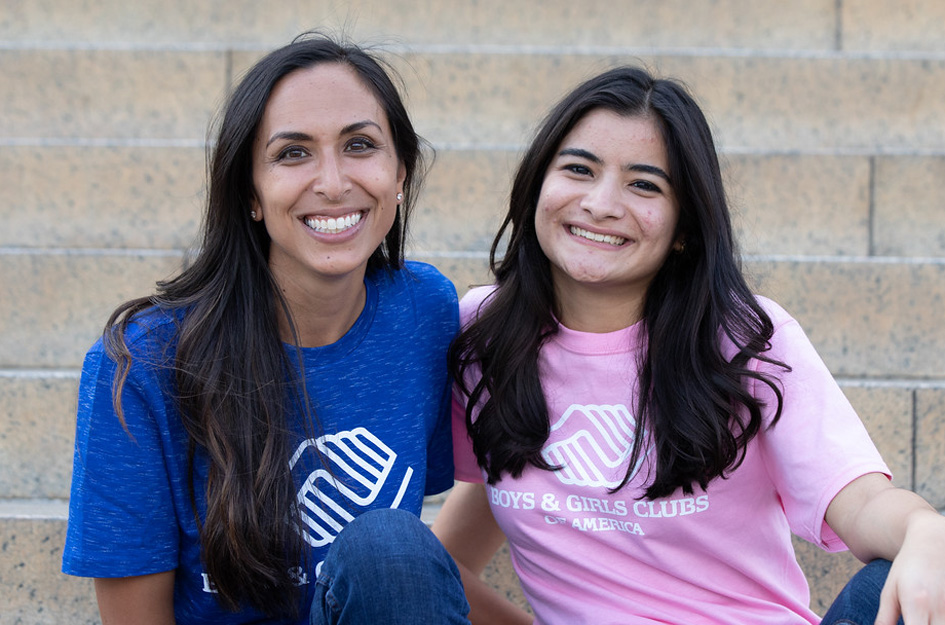

Youth mentoring programs can help build teens’ confidence, improve their mental health and connect them with opportunities to be successful. Youth mentor Suriya Khong, VP of Teen Initiatives at Boys & Girls Clubs of Sarasota and DeSoto Counties (shown on the left), shares why every child needs a mentor, and what a good mentor-mentee relationship looks like.
Having worked with teens for more than a decade, I’ve seen firsthand the incredible impact a positive mentor can have. At the Boys & Girls Clubs of Sarasota and DeSoto Counties, I help young people deepen their interests in leadership and volunteering, empower them to find the words to tell their stories, and connect them to opportunities that broaden their worldviews.
I often see teens who limit themselves because of self-doubt, who struggle because of their circumstances, and who have yet to discover the different aspects of who they will become. My job as a mentor is to accept them for who they are in each moment and give them supportive, consistent space to grow on their own terms – allowing them the freedom to decide how they’d like to grow, in what direction, and how quickly they’d like to get there.
One of the things I love most about mentoring youth is when a young person realizes what they’re capable of. That’s when everything becomes possible for them.
It’s like a light comes on, and suddenly they see they’re in a much larger world than they originally thought they were in – one of my mentees (and someone I deeply admire!), Vanessa T., recently shared her personal experience about this. Once teens build their confidence and enter a growth mindset, there’s no stopping where they’ll go.
No matter the background, every kid can benefit from a positive adult mentor in their life:
A strong mentee-mentor relationship is built on consistency, communication and – most importantly – trust. When I create an environment for teens to make mistakes, try new things and dream big, they learn that this support system is always here for them.
My teens know that I will always see them as they are and recognize the potential of who they can be.
Learn more about how Boys & Girls Clubs provide caring mentors to millions of kids and teens across the nation each year and find youth mentoring programs at a Club near you.
We use cookies to enhance your experience. Learn More.
Boys & Girls Clubs of America uses cookies to give you the best experience on our website. Read about cookies in our privacy policy. By closing this message, you consent to our use of cookies on this device in accordance with our policy unless you have disabled them.